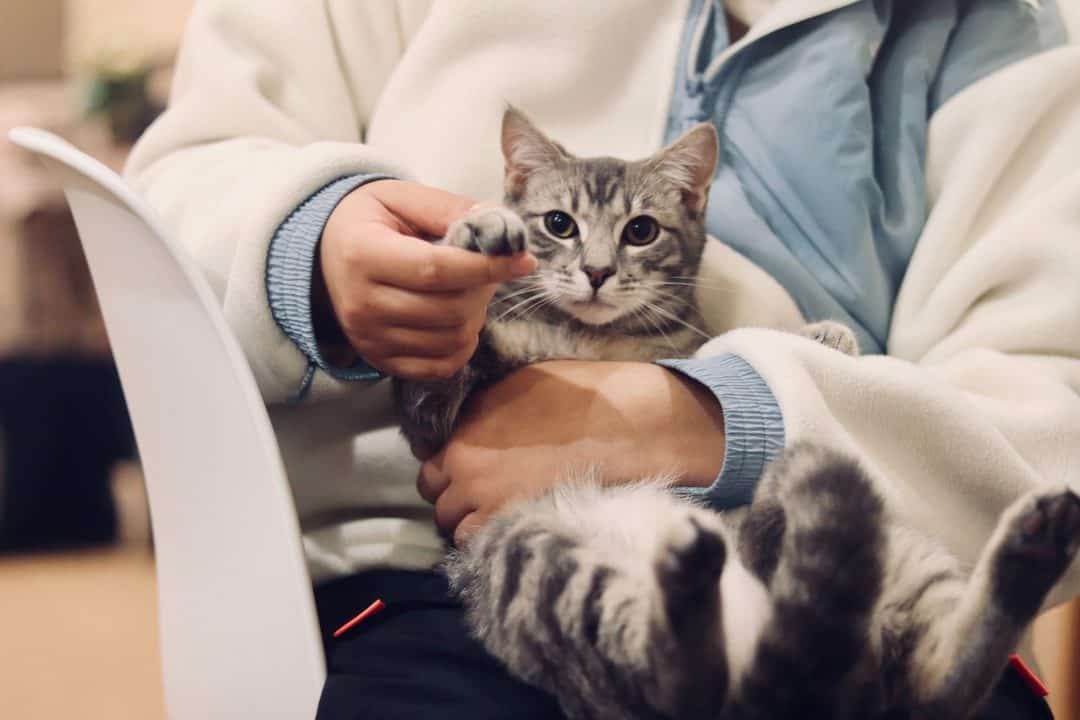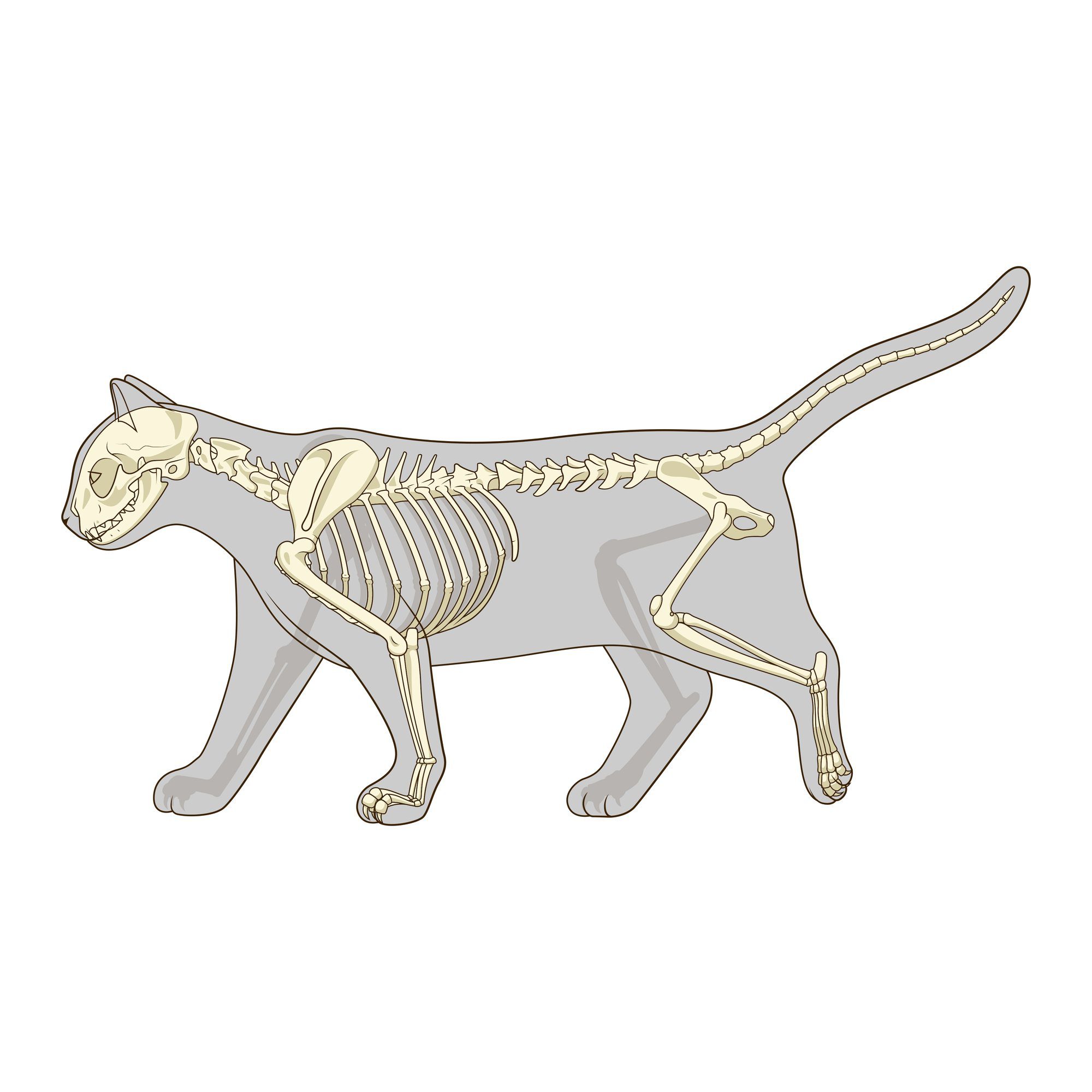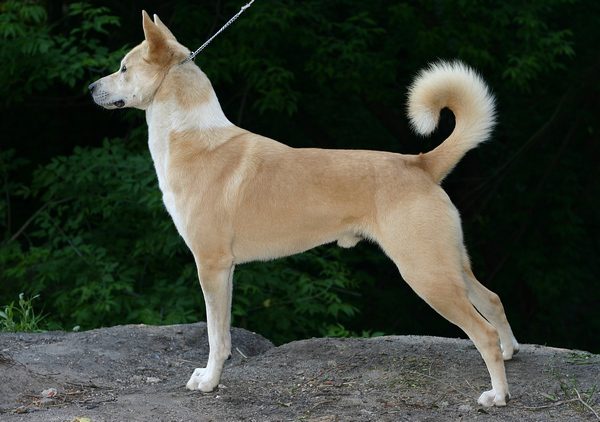Key Takeaways:
- Akitas are known for their loyalty and protective nature.
- They require regular exercise to maintain their physical and mental well-being.
- Akitas have a thick double coat that requires regular grooming to prevent matting and shedding.
- Early socialization is crucial for Akitas to ensure they get along well with other animals and people.
- Akitas are prone to certain health issues, such as hip dysplasia and autoimmune disorders, so regular vet check-ups are essential.
Are you curious about the fascinating world of Akita dogs? These loyal and majestic creatures have captured the hearts of dog lovers around the globe. Understanding their characteristics and learning how to care for them can bring immense joy and fulfillment to your life. Whether you're a potential owner or simply intrigued by these magnificent animals, exploring the topic of Akita dog breed characteristics and care will provide you with valuable insights that can enhance your understanding and appreciation for these remarkable creatures. So, let's embark on this journey together and unlock the secrets behind the captivating world of Akita dogs!
What is an Akita and what are its main characteristics?
An Akita is a large and powerful dog breed that originated in Japan. They have a strong and sturdy build, with a thick double coat that comes in various colors including white, brindle, and red. Akitas have a distinctive bear-like face with small eyes and erect ears.
Akitas are known for their loyalty and protective nature. They are intelligent and independent dogs, which can make them somewhat stubborn at times. Despite their independent streak, Akitas are also very affectionate towards their family members.
Main Characteristics of an Akita:
- Size: Akitas are considered a large breed, with males typically weighing between 100-130 pounds and females weighing between 70-100 pounds.
- Temperament: Akitas are known to be loyal, courageous, and dignified. They can be reserved around strangers but are generally very loyal to their family.
- Coat: Akitas have a thick double coat that requires regular grooming to keep it healthy and free from mats.
- Exercise Needs: While Akitas do need regular exercise to stay healthy, they are not overly energetic dogs. Daily walks and playtime should be sufficient to meet their exercise needs.
Akita: Appearance differences between males and females
There are some noticeable differences in appearance between male and female Akitas. Males tend to be larger in size than females, both in height and weight. Male Akitas also tend to have broader heads with more prominent facial features compared to females.
Females may have a slightly more feminine appearance with softer facial expressions. However, these differences in appearance are not always consistent, and individual variation can occur.
Appearance Differences:
1. Size: Male Akitas are generally larger and heavier than females. Males can reach heights of 26-28 inches at the shoulder, while females typically range from 24-26 inches.
2. Head Shape: Male Akitas often have broader heads with a more pronounced forehead and a stronger jawline. Females may have slightly narrower heads with softer facial features.
Akita temperament: What to expect
The temperament of an Akita can vary depending on various factors such as genetics, socialization, and training. Overall, Akitas are known for their loyalty and protective nature towards their family members.
Akitas can be independent and strong-willed, which means they may require firm and consistent training from an early age. They are generally reserved around strangers but can be friendly and affectionate towards their loved ones.
What to Expect from an Akita's Temperament:
- Loyalty: Akitas are known for their unwavering loyalty towards their family members. They will often form strong bonds with their owners and show protective instincts towards them.
- Protectiveness: Akitas have a natural instinct to protect their loved ones. They may be wary of strangers or unfamiliar situations and will not hesitate to defend their family if they perceive any threat.
- Independence: Akitas have an independent nature, which means they may not always be eager to please or follow commands blindly. Training should focus on positive reinforcement techniques that motivate the dog rather than harsh methods.
How much exercise does an Akita need daily?
Akitas are a moderately active breed and require regular exercise to stay healthy and mentally stimulated. However, their exercise needs are not as high as some other high-energy breeds.
On average, an Akita should have around 60 minutes of exercise per day. This can be divided into two or three shorter walks or play sessions. Akitas also enjoy activities that challenge their minds, such as puzzle toys or obedience training.
Exercise Recommendations for Akitas:
- Daily Walks: Taking your Akita for a brisk walk once or twice a day is a great way to meet their exercise needs. Aim for at least 30 minutes per walk.
- Playtime: Akitas enjoy interactive play sessions with their owners. This can include games like fetch, tug-of-war, or hide-and-seek.
- Mental Stimulation: Providing your Akita with mental stimulation is just as important as physical exercise. Engage them in training sessions that challenge their intelligence or give them puzzle toys to solve.
Best living environment for an Akita
Akitas thrive in environments where they have enough space to move around comfortably and access to a secure outdoor area where they can explore and play. While they can adapt to various living situations, certain factors make for an ideal living environment for an Akita.
Ideal Living Environment for an Akita:
- Secure Fencing: Akitas have a strong prey drive and may be prone to chasing small animals if not properly contained. A secure fence around the yard is essential to keep them safe and prevent any escape attempts.
- Space: Akitas are large dogs and need enough indoor space to move around comfortably. They should not be confined to small apartments or homes with limited room to roam.
- Access to Outdoors: Akitas enjoy spending time outdoors, so having a secure and spacious yard where they can play and explore is beneficial for their well-being.
Akitas and children: Are they a good match?
Akitas can be great companions for families with children when properly socialized and trained. However, due to their large size and protective nature, it is important to supervise interactions between Akitas and young children.
Early socialization is crucial to teach the Akita how to behave appropriately around children. It is also important to educate children on how to interact with dogs respectfully and safely.
Tips for Akitas and Children:
- Supervision: Always supervise interactions between Akitas and young children. Never leave them alone together, especially if the child is too young to understand how to behave around dogs.
- Socialization: Properly socialize your Akita from an early age by exposing them to various people, including children. This will help them become more comfortable in different situations.
- Education: Teach your children how to approach and interact with dogs safely. They should know not to pull on the dog's ears or tail, bother them while eating or sleeping, or engage in rough play that may provoke the Akita.
Tips for ensuring the health of your Akita
Maintaining the health of your Akita requires regular veterinary care, proper nutrition, exercise, grooming, and attention to any specific breed-related health concerns. Here are some tips for keeping your Akita healthy:
Tips for Ensuring Akita's Health:
- Veterinary Care: Schedule regular check-ups with a veterinarian to monitor your Akita's overall health, vaccinations, and preventive care such as parasite control.
- Proper Nutrition: Feed your Akita a balanced diet that is appropriate for their age, size, and activity level. Consult with your veterinarian to determine the best food options for your dog.
- Exercise: Provide regular exercise to keep your Akita physically fit and mentally stimulated. Regular walks, playtime, and activities that challenge their mind are essential.
- Grooming: Akitas have a thick double coat that requires regular brushing to prevent matting. They also shed seasonally, so be prepared for increased grooming during those times.
- Breed-Related Health Concerns: Akitas may be prone to certain health conditions such as hip dysplasia, hypothyroidism, or autoimmune disorders. Be aware of these potential issues and discuss them with your veterinarian.
In conclusion, Akita dogs are known for their loyalty, intelligence, and protective nature. They require proper training, exercise, and socialization to thrive as pets. With the right care and attention, an Akita can make a wonderful companion for families willing to invest time and effort into their well-being.
Are Akita dogs hard to take care of?
Taking care of an Akita requires a certain type of household. While they can make great pets, their size and strength make them unsuitable for inexperienced owners. Akitas need regular exercise to maintain their well-being and enjoy going on adventures with their owners.
Is an Akita a good house dog?
Apart from being incredibly loyal, Akitas are also known for their cleanliness and ease of housebreaking. These qualities make them highly desirable as pets. Some people even compare Akitas to cats because of their cleanliness and lack of odor.
What are the cons of the Akita?
The Akita is a dog breed known for its strength, independence, and strong-willed nature. It has a dignified and courageous personality, but these traits can sometimes result in territorial behavior and a lack of trust or interest in strangers. Akitas may also display aggression towards other dogs, especially those of the same gender.
What do I need to know about owning an Akita?
When it comes to Akitas, it is important to begin their training early and maintain consistency as they mature. They will respond well to a strong and consistent leader. Additionally, it is crucial to expose them to a wide range of people during socialization as they have a protective nature towards their families and can be wary of strangers.
Can Akitas be left alone?
Can Akitas be left alone at home? Akitas are generally capable of being left alone for extended periods of time, ranging from 6 to 8 hours, once they are at least 12 months old. It is important to ensure they have access to water and that the temperature in your home is not excessively hot.
Why not to get an Akita?
Akitas may exhibit behaviors such as barking or chewing when they become bored. Their independent nature can make training challenging, so it is advisable to start training them at a young age. Akitas are not recommended for inexperienced pet owners due to their high maintenance needs.
















